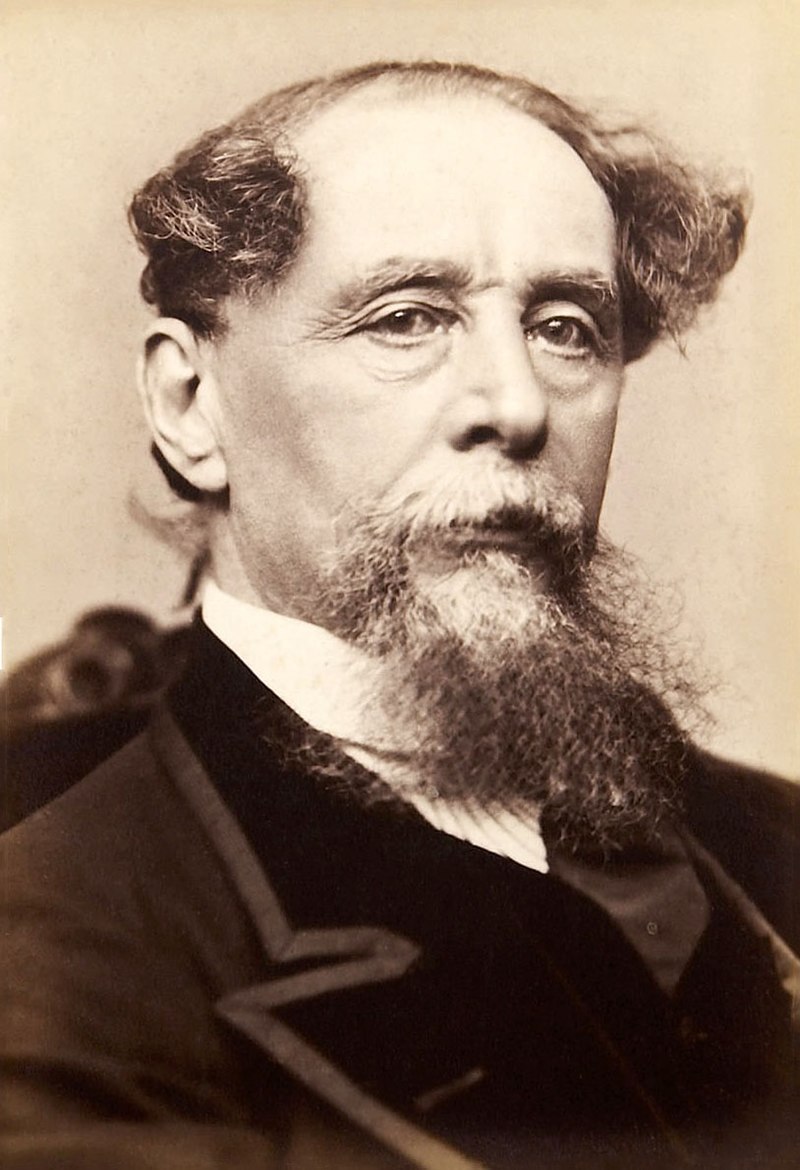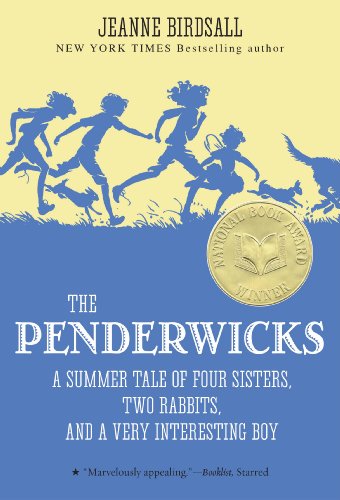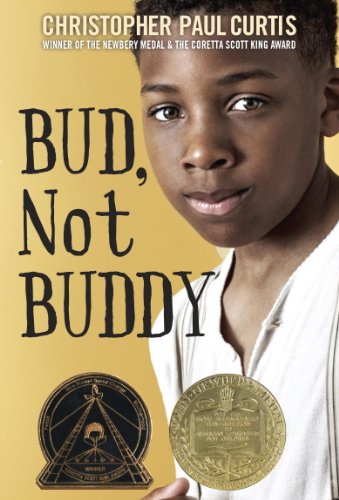Yesterday was the 65th anniversary of Queen Elizabeth's accession to the throne. It's an incredible milestone, one no other ruler of England has attained, and she deserves all the honor and respect she gets. The woman has seen a lot of changes during her reign, but that's not what England should celebrate today. Today marks the 205th birthday of Charles Dickens, one of the most influential Britons and writers of any time. He didn't just watch the world change, he changed our language and world with his stories. He was the literary Colossus of the Victorian Age, and his influence is still felt today.
 |
| Dickens in his early years |
The life of Dickens holds enough drama to fuel a multi-season mini-series. His terrible childhood has become so well-known we label all other impoverished, chaotic beginnings as "Dickensian." The funny thing is, he tried to hide these facts for years. Destitution was considered a social and character defect in the Regency and Victorian Eras and Dickens spent much of his life's energy trying to get as far away from his impoverished past as he could. That drive turned him into a law clerk, a court reporter, a freelance journalist and finally a novelist. Like any good storyteller, he wrote about what he knew. And his stories changed our world.
After witnessing how poverty corrupts and ruins lives, he wrote Oliver Twist and satirized the Poor Laws that punished the very people they were supposed to help. The book exposed the disgusting London slum, Jacob's Island, to a heretofore unsuspecting public, who cleaned up the area so thoroughly that thirteen years later one bureaucrat insisted it never existed! In Nicholas Nickleby, Dickens wrote about the system of farming unwanted children out to boarding schools in Yorkshire where kids were neglected instead of educated. An investigation shut that practice down. In Bleak House, in The Old Curiosity Shop, in Hard Times, and more, Dickens attacked some social evil. And because his books sold like hotcakes, his readers followed his pen to the trouble and tried to correct the wrongs.
Best-sellers! It's hard to compare the popularity of any novelist writing today with Dickens. J. K. Rowling came closest with the midnight publication parties for her Harry Potter series. But those were orchestrated affairs hosted by the bookstores. Now, imagine yourself in Victorian times. Dickens doesn't publish a whole novel all at once, he serializes chapters in a magazine. If you want to read the latest installment, you have to get each new issue of the journal. In America, people gathered in droves on the wharves, to get the new issues as they came off the ship! This wasn't some publisher's or PR agent's operation, these were people who couldn't wait any longer to find out what happened to Nell Trent or Little Emily! Readers are crazy people, but they wouldn't have done that if the man hadn't created wonderful characters and stories.
Of course, his characters have entered our lexicon. The saintly, too-good-to-live girl is known as Little Nell, and an insincere toady is labeled Uriah Heep. (By the way, Dickens had a way of naming his characters that was second to none. You don't have to meet Wackford Squeers, Fagin, Quilip, or Uriah Heep to know they are all villains; the sounds of their names are enough.) And people who have never picked up one of Mr. Dickens's books still know the worst miser is a "Scrooge." That single story, The Christmas Carol, changed how we celebrate the holiday. It used to be a relatively minor festival in the Christian calendar. Now it's a season of family, parties, and charity because Dickens wrote about it that way.
 |
| Boz, the Grand Old Storyteller |
Am I saying he was the world's greatest man or subtle writer? Of course not. There's a fair amount of evidence suggesting he had faults as a family man and Ellen Ternen knew he was no saint. The way he treated his wife when their marriage fell apart is enough to make a feminist cringe. And, as entertaining as many of his characters are, they lack the complexity and depth of real people. There are too many coincidences and far too much sentiment in a lot of his stories. But that doesn't make them any less compelling. And his influence doesn't lessen with the years.
So, pull out your noisemakers and cheer old "Boz" as he was known then. Over-blown, over-sensitive, over-dramatic, Boz, who could tell a story that made you laugh, cry, and shiver with fear. Boz who made money telling people what was wrong with the world and said it so well his readers tried to make it better. With Shakespeare and the Beatles, he may be one of Britain's finest exports. We're lucky he came our way.















